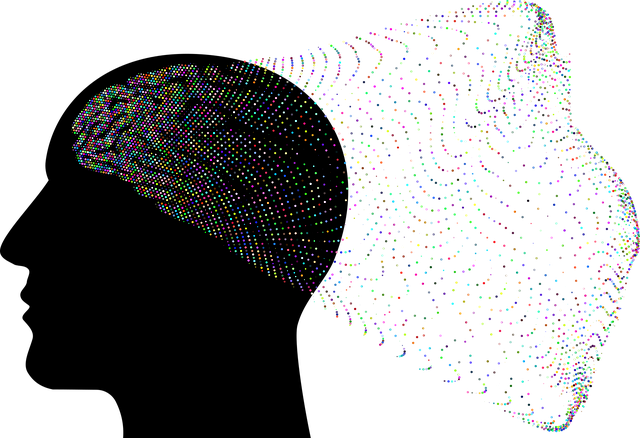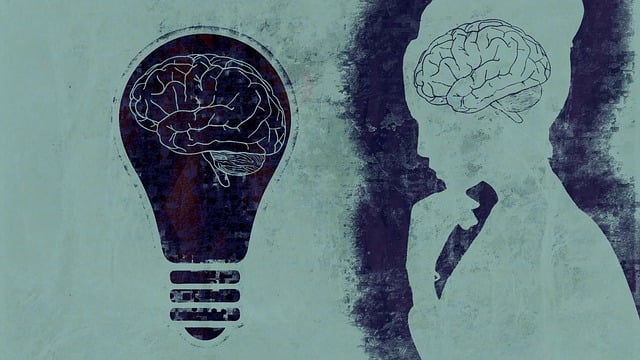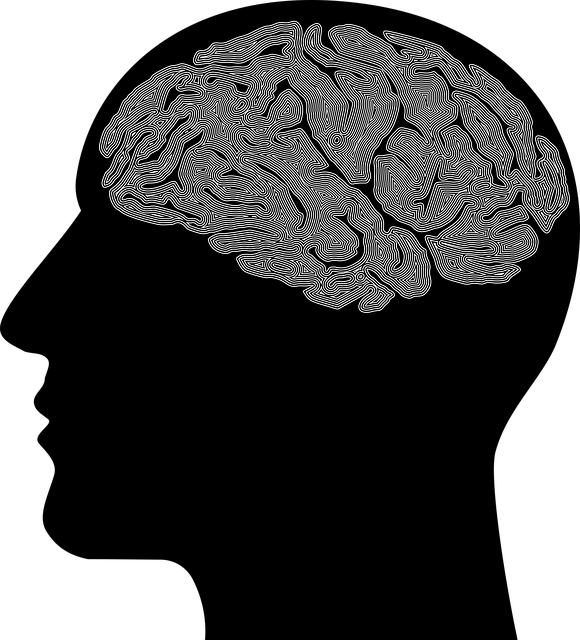Mental health professionals specializing in Louisville Functional Neurological Disorder (FND) therapy face unique challenges, including vicarious trauma and burnout due to intense emotional work. A comprehensive risk assessment should consider workload, caseloads, exposure to distressing content, and personal resilience. Proactive strategies like self-care, peer support, mindfulness, and public awareness campaigns can mitigate risks. The Louisville FND Therapy community can enhance patient care and professional well-being through continuous monitoring, regular supervision, and integrated risk management planning.
In the field of mental health, professionals face unique challenges that can impact their well-being. This article explores the critical aspect of risk assessment tailored specifically for Louisville Functional Neurological Disorder (Louisville FND) therapists. We delve into understanding the distinct risks they encounter, from work-life balance to potential patient threats. By identifying these risks, we present a comprehensive framework for assessing and mitigating them, ensuring the resilience and long-term success of these essential practitioners in Louisville’s mental health landscape.
- Understanding Mental Health Professional's Unique Risks
- Identifying Potential Threats to Louisville FND Therapists
- Comprehensive Risk Assessment Framework
- Mitigating and Managing Identified Risks
- Continuous Monitoring and Improvement Strategies
Understanding Mental Health Professional's Unique Risks

Mental health professionals, while instrumental in facilitating emotional healing processes, often face unique risks that demand specialized consideration. These risks are multifaceted and stem from intense emotional involvement with clients. In Louisville, functional neurological disorder therapy, for instance, requires practitioners to navigate complex situations where they might be exposed to traumatic narratives or experience vicarious trauma. This is exacerbated by the high-stress nature of their work, which can lead to burnout and secondary trauma if not adequately managed using mind over matter principles.
A comprehensive risk assessment for mental health professionals should encompass factors like workload, client caseloads, exposure to distressing content, and personal resilience mechanisms. By understanding these risks, practitioners can implement preventative strategies, access peer support networks, and prioritize self-care to mitigate potential challenges, ensuring they remain effective in supporting others’ emotional well-being.
Identifying Potential Threats to Louisville FND Therapists

Louisville Functional Neurological Disorder (FND) therapists face unique challenges that require a comprehensive risk assessment. Potential threats include managing complex patient cases with varying levels of disability and distress, which can lead to emotional burnout if not adequately addressed. The dynamic nature of FND therapy demands constant adaptation and specialized knowledge, increasing the pressure on practitioners.
Furthermore, navigating the delicate balance between patient care and personal well-being is essential. Effective stress management techniques, such as mindfulness practices and conflict resolution skills, are vital tools for Louisville FND therapists to prevent burnout and maintain a healthy work-life balance. Public awareness campaigns development can also play a significant role in reducing stigma, enhancing understanding of FND, and ultimately supporting the mental health professionals in their mission.
Comprehensive Risk Assessment Framework

A Comprehensive Risk Assessment Framework is an essential tool for mental health professionals, especially those practicing Louisville Functional Neurological Disorder Therapy, to ensure patient safety and maintain a healthy work-life balance. This framework goes beyond identifying risks associated with specific disorders; it encompasses a holistic view of the therapist’s well-being, including personal, professional, and environmental factors. By implementing such an assessment, therapists can proactively manage potential risks and build resilience against the challenges inherent in this field.
Resilience building is a key component, as therapists often encounter clients dealing with severe mental illness and stigma reduction efforts. Effective self-care practices are crucial to mitigating burn-out and maintaining optimal performance. The framework should encourage regular reflection on one’s emotional state, work load, and personal boundaries, allowing professionals to make informed decisions regarding their practice and overall mental health.
Mitigating and Managing Identified Risks

After identifying potential risks and hazards within their practice, mental health professionals in Louisville can take proactive measures to mitigate these issues. This involves implementing robust risk management strategies tailored to address specific concerns. For instance, establishing clear boundaries between professional and personal life is essential to prevent burnout, a common challenge in the healthcare sector. Burnout prevention strategies for healthcare providers often include incorporating self-awareness exercises and promoting work-life balance.
By fostering emotional intelligence, therapists can better manage their emotions and those of their clients, creating a safer therapeutic environment. This involves recognizing triggers, developing coping mechanisms, and practicing active listening to ensure the well-being of both the provider and the patient. These proactive steps not only safeguard mental health professionals but also enhance the quality of care they deliver, ensuring a more effective therapy experience for clients seeking treatment for conditions like functional neurological disorder in Louisville.
Continuous Monitoring and Improvement Strategies

Mental health professionals must adopt continuous monitoring and improvement strategies to enhance patient care and mitigate risks effectively. Regular peer supervision sessions can provide an excellent platform for sharing insights, discussing challenging cases, and exchanging effective anxiety relief and empathy building strategies. These collaborative discussions foster a culture of learning and adaptability, allowing professionals to refine their practices over time.
Additionally, integrating risk management planning into daily operations is vital. Professionals should regularly review and update their assessment tools, treatment protocols, and crisis intervention plans. By doing so, they can anticipate potential risks associated with specific conditions, such as Louisville Functional Neurological Disorder Therapy, and implement tailored strategies to ensure patient safety. This proactive approach not only enhances risk management planning for mental health professionals but also contributes to the overall resilience of the healthcare system.
Mental health professionals, especially those specializing in Louisville Functional Neurological Disorder (FND) therapy, face unique challenges that require a comprehensive risk assessment approach. By identifying potential threats and implementing a structured framework, therapists can mitigate risks effectively. The article has outlined essential steps, from understanding specific professional hazards to continuous monitoring, ensuring a safer working environment. Adopting these strategies not only protects Louisville FND therapists but also enhances patient care and the overall mental health practice.














